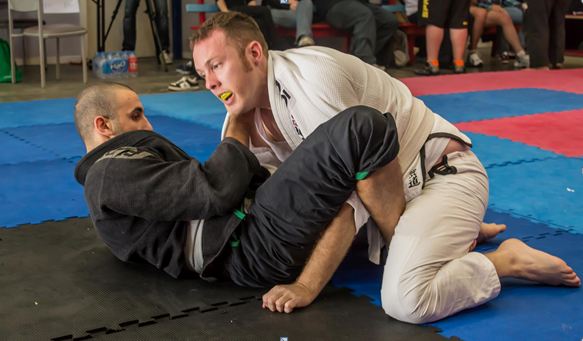Confident in Christ
- Hard heart (Romans 1:18-21)
- Shallow heart
- Strangled heart
- Good heart (habits that nurture a good heart)
 I used the illustration of generosity by a young Argentine in my sermon on the Parable of the Soils (Parable of the Sower) at St John’s Launceston a few weeks ago.
I used the illustration of generosity by a young Argentine in my sermon on the Parable of the Soils (Parable of the Sower) at St John’s Launceston a few weeks ago.
This young man gave us a treasured possesion, which held much sentimental value for him and his family, in order to sell for money to give to the poor. We now keep this on our book shelf, which we treasure, to remind us to be generous (photo left).
Another illustration I used was this picture (photo right) which shows an elderly Argentine  cowboy/gaucho as he drinks his Argentine tea/mate’ and reflects on his life and concludes that ‘God is faithful’ – ‘Dios es Fiel’ – these latter words appearing at the bottom of the picture.
cowboy/gaucho as he drinks his Argentine tea/mate’ and reflects on his life and concludes that ‘God is faithful’ – ‘Dios es Fiel’ – these latter words appearing at the bottom of the picture.
When I am old with a white beard drinking my mate’ I too want to affirm that ‘Dios es Fiel’ – ‘God is faithful.’
You can listen to my sermon that I preached at St. John’s Launceston on Sunday 8th of July on their parish website.



